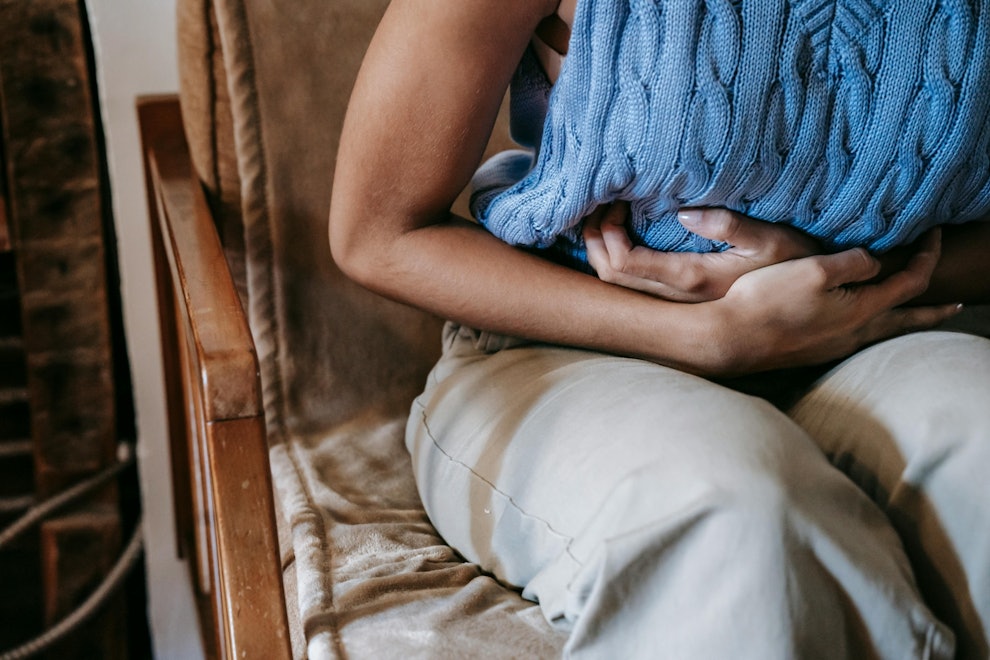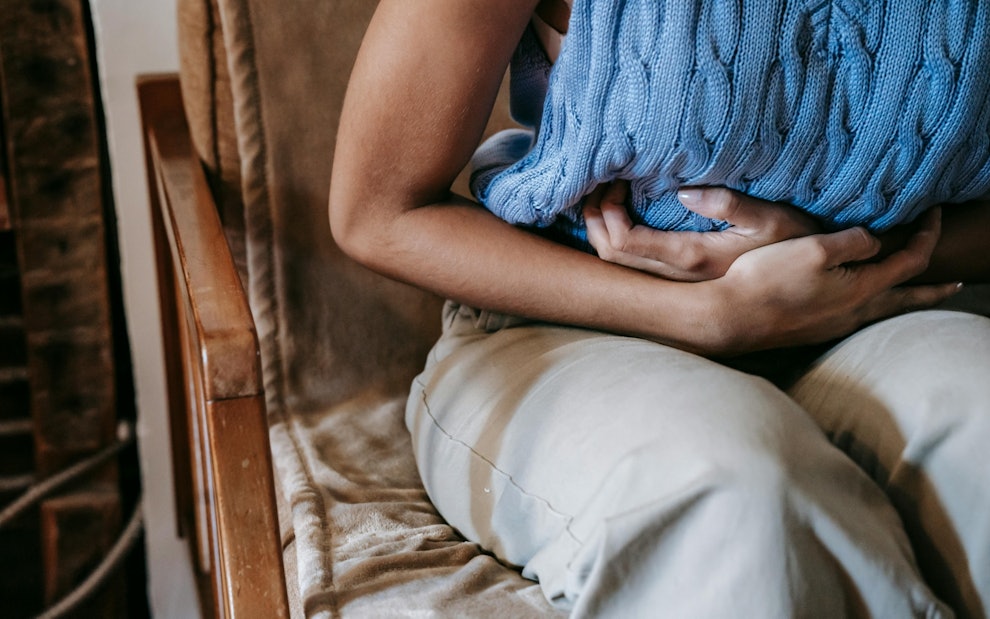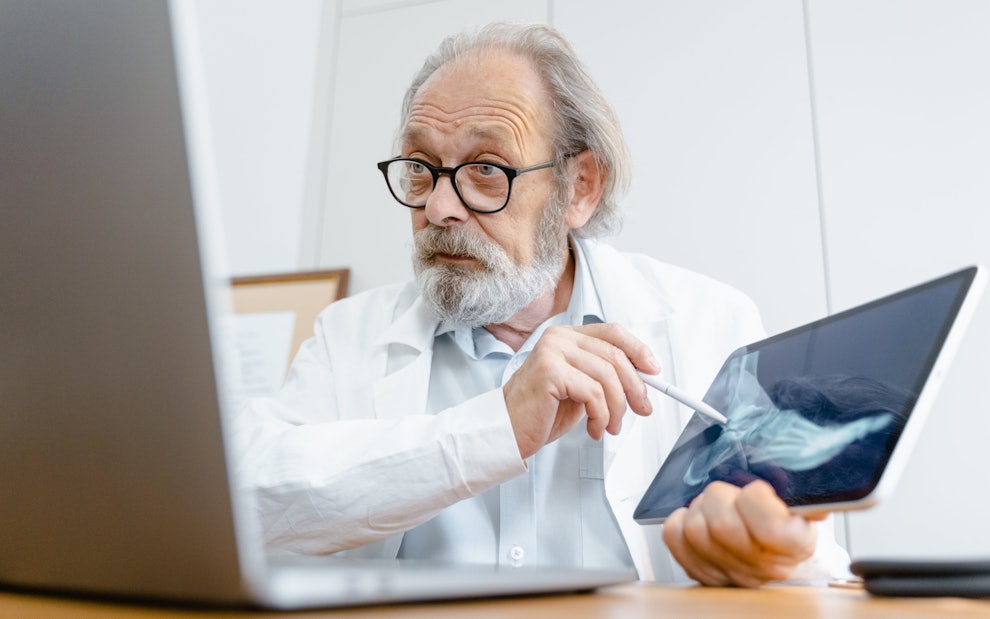How To Help Constipation: Tips For Relief
Article at a glance
Constipation is a common condition that becomes more prevalent in older age groups.
Diet and lifestyle changes such as eating high fiber foods, exercising more, and staying hydrated can help alleviate symptoms of constipation and encourage bowel movements.
If you’re experiencing chronic constipation, you should seek medical advice.

Constipation is a common condition that is experienced by people of all ages. However, constipation is more prevalent in older age groups due to decreased exercise, slowed metabolisms, and less muscle contraction along the digestive tract.
By definition, constipation is when someone has three or fewer bowel movements weekly. That said, it’s important to note that everyone’s bowel movements will vary in frequency and you must pay attention to other symptoms of constipation, such as bloating or stomach cramps, in order to know if you are experiencing constipation yourself.
This article will explain the basics of constipation including symptoms, causes, and complications as well as how to relieve constipation and when to seek medical attention.

Constipation Symptoms
Constipation has a number of symptoms including:
Fewer than three bowel movements each week
Dry, hard, or lumpy stools
Straining while passing stools or pain
Stomach ache or stomach cramps
Bloating or nausea
The feeling that you haven’t fully emptied your bowels after a bowel movement
Constipation Causes
There are a number of reasons why someone may experience constipation. Read on below to learn more about potential causes of constipation.
Dietary Issues
Certain dietary issues can lead to constipation. For example:
- Not consuming enough dietary fiber
- Not drinking enough water
- Sensitivity or intolerance to dairy products, known as lactose intolerance
- Sensitivity or intolerance of gluten, known as celiac disease
Irritable Bowel Syndrome (IBS)
Irritable Bowel Syndrome (IBS) is a condition that affects the bowels. IBS may include symptoms of constipation as well as diarrhea. Treatment for IBS includes interventions such as dietary adjustments, lifestyle changes, probiotics, medication, and mental health treatment.
Celiac Disease
Celiac disease is a condition that is marked by an intolerance to gluten. Essentially, your body has an autoimmune reaction when gluten is consumed. Celiac disease has a number of symptoms that impact the digestive tract, including constipation. Treatment for celiac disease includes following a gluten-free diet. People with celiac disease may also need to work alongside a dietician to make the necessary dietary changes.
Dehydration
Being dehydrated can lead to constipation. Water is a vital component of the digestive process because it helps foods move through the intestines as well as keeping the intestines smooth and flexible, making stools easier to pass.
Sedentary Lifestyle
Not getting enough exercise and staying sedentary can also be a potential cause of constipation. This is because being out of shape due to a lack of exercise can lead to weak abdominal muscles, which are important for regular bowel movements.
Stress
Stress impacts many areas of life, and this includes the bowels. Stress can impact how quickly food moves through the digestive system, causing constipation or diarrhea. Stress is a particular trigger for those with gastrointestinal disorders such as IBS.
Routine Changes
Changes to your routine such as traveling or not sleeping well can cause changes in your bowel movements, leading to constipation. While the exact cause is not clear, there is a strong correlation.
Certain Medications
Some prescription medicines as well as dietary supplements may contribute to constipation. Some such medications and supplements include:
- Antacids that have calcium and aluminum
- Anticholinergics and antispasmodics
- Anticonvulsants (these are used to prevent seizures)
- Calcium channel blockers
- Diuretics
- Iron supplements
- Some medications used to treat Parkinson’s disease
- Narcotic pain medications
- Some medications used for depression treatment
Note: If you’re experiencing chronic constipation as a side effect to one of your prescriptions, it’s important to address this with your provider.

Constipation Complications
Some complications associated with constipation include:
Hemorrhoids: These occur when there is a lot of straining during bowel movements.
Anal Fissures: Straining can also lead to anal fissures (tears in the skin around the anus). These tears can lead to rectal bleeding.
Rectal Prolapse: This happens when a small amount of the intestinal lining pushes out from the anal opening.
Note: See your healthcare provider if you are experiencing any of the aforementioned complications.
How to Relieve And Prevent Constipation
There are a number of ways to treat constipation as well as prevent it. Do note, it is important to understand the cause in order to treat one’s constipation effectively.
Increase Fiber Intake
Eating more fiber can help relieve constipation. There are two types of fiber: insoluble fiber and soluble fiber. Soluble fiber can help improve digestive as well as lower blood sugar. Insoluble fiber can help soften the stool and make it easier to pass, therefore being the best fiber choice for treating constipation.
Some ways to consume more insoluble fiber include:
- Try fiber supplements: Fiber supplements are an easy way to increase fiber intake and relieve constipation.
- Increase your fruit and vegetable intake: This includes foods such as broccoli, green beans, strawberries, kiwi, spinach, and grapes.
- Add more whole grains to your diet: Whole grains are a great source of insoluble fiber. Options include brown rice, quinoa, wheat bran and oatmeal.
Note: Some people may find their constipation worsens with an increase in fiber intake. Talk to your healthcare provider about your specific situation to know the best course of action for you.
Increase Physical Activity
Increasing your physical activity can help relieve constipation. Exercises that may help prevent and alleviate constipation include cardio such as brisk walking, running, dancing, and more.
Drink More Water
Because dehydration can cause constipation, it’s important to stay hydrated and drink plenty of water.
Note: Learn more about proper hydration and water consumption at this resource.
Use Laxatives or Stool Softeners
While laxatives can both prevent and help with constipation relief, these should be used with caution and under the guidance of a healthcare professional.
Some types of laxatives include:
- Osmotic Laxatives: An osmotic laxative is a type of laxative that draws water into the colon and makes stools easier to pass. Examples of osmotic laxatives include Phillips’ Milk of Magnesia and MiraLAX.
- Stool Softeners: A stool softener adds moisture to the stool which in turn softens the stool and makes them easier to pass. Examples of stool softeners include Colace and Surfak.
- Stimulant Laxatives: A stimulant laxative helps trigger contractions of the intestinal muscles which in turn helps someone with constipation. Examples of stimulant laxatives include Dulcolax and Senokot.
Address & Treat Underlying Conditions
In the event you have underlying causes for your constipation such as celiac disease or IBS, you will need to treat the condition itself in order to relieve symptoms of constipation. This might mean adhering to a specific diet (i.e. gluten-free for celiac disease) or taking medications.

When To See A Healthcare Provider
If you have severe constipation or are experiencing chronic constipation that is impacting your quality of life or causing other health problems, be sure to talk to your healthcare provider.
What Is Chronic Idiopathic Constipation?
Chronic idiopathic constipation (CIC) is an ongoing condition in which a patient experiences constipation without any known underlying causes or illnesses. CIC is most common in women and older adults. Treatment options for CIC are limited but include dietary changes as well as getting more physical exercise.
If you’re experiencing chronic constipation, be sure to talk with your healthcare provider.
When To Get Immediate Medical Attention
You should seek medical attention immediately if you are experiencing any of the following symptoms alongside constipation:
Rectal bleeding
Blood in the stool
Constant abdominal pain
Inability to pass gas
Vomiting
Fever
Lower back pain
Unintentional weight loss
How many bowel movements are considered “normal”?
Everyone’s bowel movements are different and will vary in frequency. However, in general, constipation is defined as someone who has three or fewer bowel movements per week.
How do you treat chronic constipation?
Chronic constipation will need to be treated based on what is causing the constipation in the first place. Working with a dietician or other health care provider can help determine the root of the constipation and determine your best course of treatment.
What makes constipation worse?
Eating high-fat meals, dairy products, eggs, sweets, and processed foods can worsen constipation. As well, not drinking enough water can lead to constipation as well.
Sources
https://my.clevelandclinic.org/health/diseases/4059-constipation
https://my.clevelandclinic.org/health/diseases/4059-constipation#symptoms-and-causes
https://www.niddk.nih.gov/health-information/digestive-diseases/constipation/symptoms-causes
https://www.niddk.nih.gov/health-information/digestive-diseases/celiac-disease
https://www.niddk.nih.gov/health-information/digestive-diseases/constipation/eating-diet-nutrition
https://www.mayoclinic.org/diseases-conditions/constipation/in-depth/laxatives/ART-20045906?p=1
https://www.niddk.nih.gov/health-information/digestive-diseases/constipation/treatment
https://www.health.harvard.edu/diseases-and-conditions/common-causes-of-constipation
https://www.goodrx.com/conditions/constipation/can-stress-cause-constipation-anxiety-poop
https://www.hopkinsmedicine.org/health/conditions-and-diseases/constipation
https://www.monashfodmap.com/blog/dietary-fibre-series-insoluble-fibre/
https://www.niddk.nih.gov/health-information/digestive-diseases/irritable-bowel-syndrome
https://www.webmd.com/digestive-disorders/water-a-fluid-way-to-manage-constipation
https://www.health.harvard.edu/diseases-and-conditions/common-causes-of-constipation#
Become a patient
Experience the Oak Street Health difference, and see what it’s like to be treated by a care team who are experts at caring for older adults.




